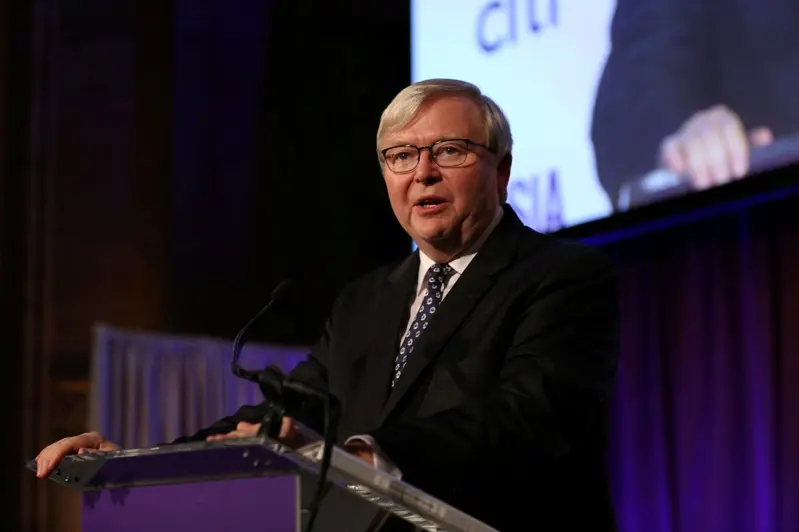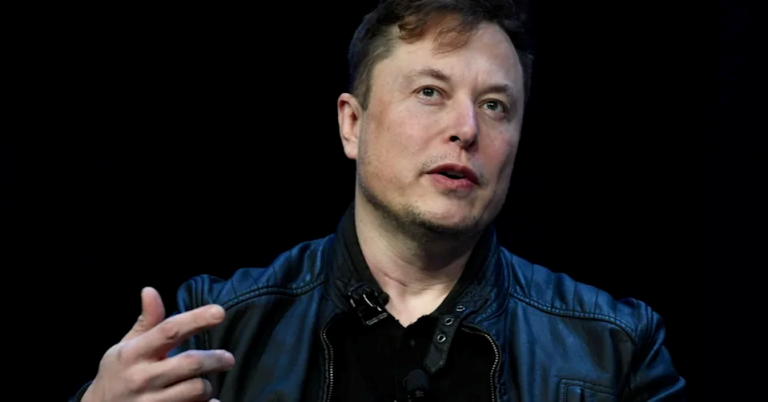
Kevin Rudd, former Australian prime minister and current Australian ambassador to the United States, said on the 18th that Taiwan now occupies all the attention of China’s military power. If Taiwan falls, it will release China’s military capabilities more widely, reminding all countries to think clearly.
The Washington think tank “Aspen Institute” held the “Aspen Security Forum 2025” this week, and invited scholars and experts to discuss the Indo-Pacific region on the 18th.
Facing the policy uncertainty of the Trump administration, Rudd said that China is eager for stability. Trump has repeatedly mentioned that unpredictability is his advantage. He believes that unpredictability is not a bad thing for the United States, especially affecting China’s assessment of strategy and Taiwan issues.
Rudd said that the Indo-Pacific countries are increasingly paying attention to the principle of common and cooperative deterrence as the only way to face China, which will require countries to continue to invest and reaffirm their political intentions; Rudd also said that the United States should give up the idea of letting Taiwan fall, which not only means the disappearance of Taiwan’s sound democracy, but also will release China’s military power.
Rudd said that Taiwan now occupies the attention of all Chinese military forces, including the world’s largest surface fleet. If Taiwan falls, such military energy and capabilities will be released more widely, and countries should consider it clearly.
Nicholas Burns, former US ambassador to China, expressed optimism about the US policy toward China, saying that he saw many similarities between Trump’s policy and the Biden administration’s attitude toward China.
In addition, Burns also said that the US-China trade war is currently at a truce, saying that both the United States and China hope to reach a trade agreement, and it is possible to reach an agreement in the next two to three months; Burns said that if the United States and China do not reach an agreement, based on his understanding of China, Trump and Xi will not be able to attend the APEC summit.
Burns said that he closely followed Defense Secretary Pete Hegseth’s recent visit to Asia, and his remarks in Japan, South Korea and the Philippines were the same as those of Biden administration officials; he said that Secretary of State Rubio and Hegseth would continue to improve Taiwan’s deterrence capabilities while helping Taiwan confront China.
Burns said that China respects strength and former President Biden because Biden established an alliance system, and China now respects President Trump because China understands that Trump now holds domestic executive and legislative power, saying that this is a good starting point for US-China relations.
Burns said that the Biden administration’s success in Indo-Pacific policy lies in the establishment of an alliance system, including Japan, South Korea, Australia, Thailand, India and the Philippines, which makes China feel that the alliances are united against their threats; Burns said that China must deal with neighboring countries and be clear about diplomatic influence. Burns believes that the United States will always be stronger when it stands completely with its allies.





